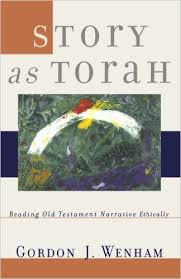Church Refugees: Sociologists reveal why people are DONE with church but not their faith, by sociologists Josh Packard and Ashleigh Hope, addresses the needs of a class of Christians sometimes called the “Dones” — as in “done with church but not Jesus” — or the “dechurched.”
Judgmentalism
One of the killers of community is judgmentalism. When people feel looked down on and condemned, they won’t join (or they leave) the community, and so they soon give up their shared beliefs. That is, a spirit of judgmentalism destroys faith.
Many of the Dones mourned their inability to find a community where they could discuss their disagreements or questions without feeling judged. They weren’t looking for agreement so much as a place to be listened to.
I suggest that when people begin thinking they can’t talk to one another, the church has a bigger problem than could ever be solved by orthodoxy. Community without conversation, an equal exchange of ideas, is simply impossible.
Packard, Josh; Hope, Ashleigh (2015-06-01). Church Refugees: Sociologists reveal why people are DONE with church but not their faith (Kindle Locations 685-687). Group Publishing, Inc.. Kindle Edition.
Ironically, the path to shared beliefs is not condemnation of dissent and judgment but creating a safe place within which questions may be asked, discussed, and answered. Continue reading









